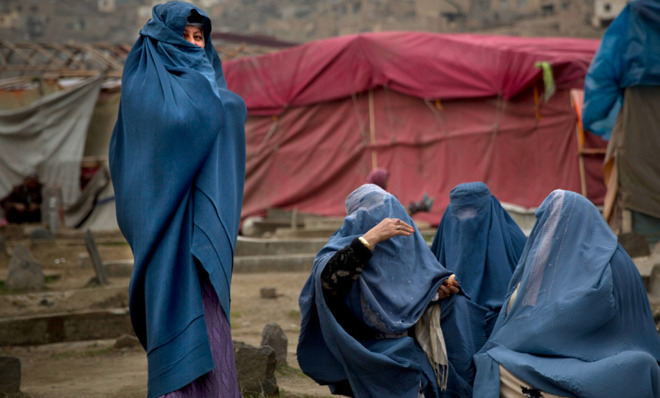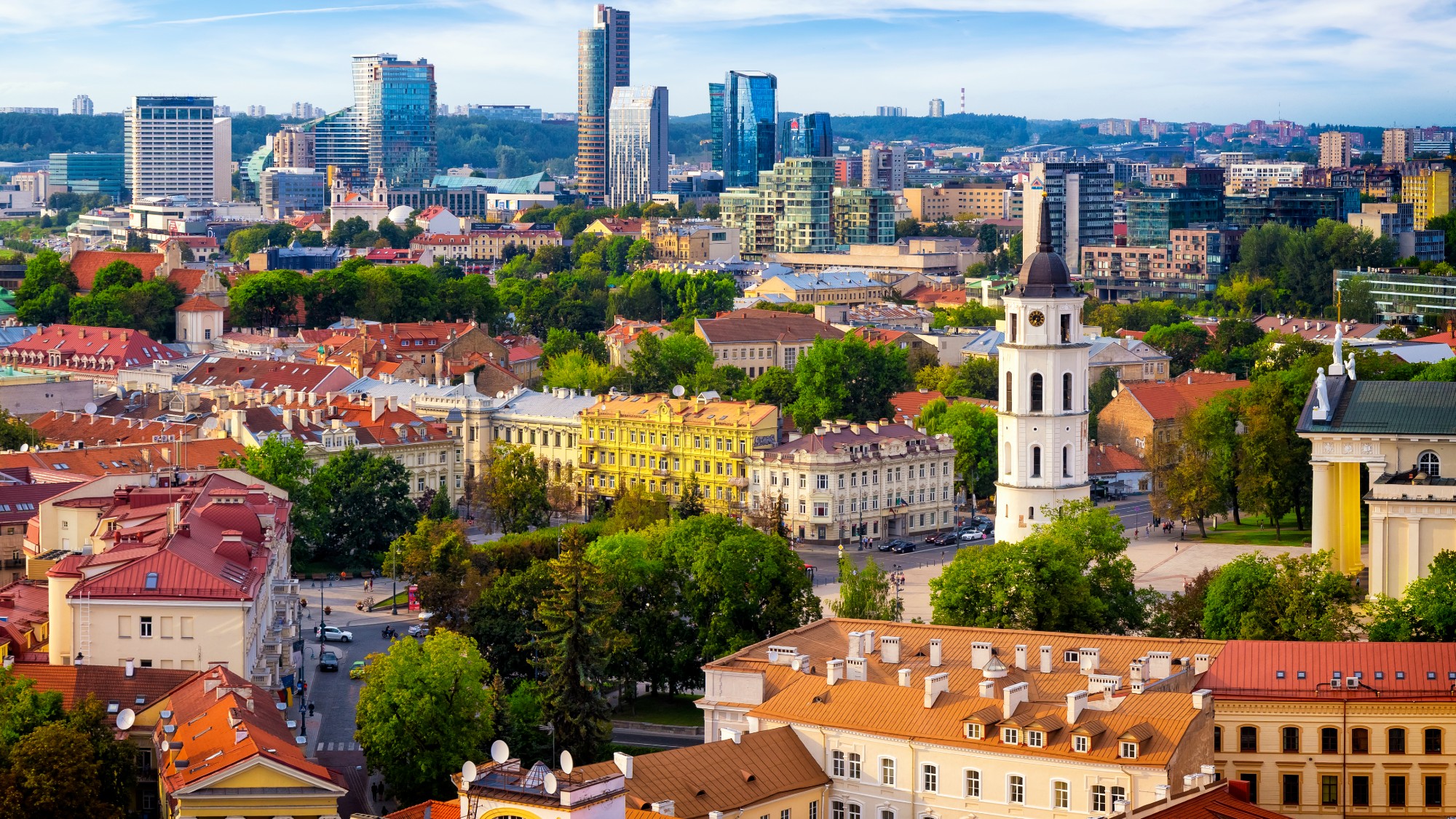Meet Wazhma, the reason Afghanistan needs more female lawyers
As the U.S. prepares to draw down from Afghanistan, there are fears that women's rights could be rolled back

Wazhma, 25, is a lawyer in Afghanistan on a mission to defend women who are victims of violence. But in a country where women made up about 20 percent of lawyers and 8 percent of judges in 2013, it's not easy. She recalls one case in which a husband sexually and physically abused his wife, which was sent to a court where all the judges were men.
"None of the judges took her seriously, and they were just trying to convince her that a woman should obey her husband's orders," Wazhma, who who works for the Humanitarian Assistance for the Women and Children of Afghanistan, tells The Week. "They even told her as an Afghan woman she should tolerate these things and be careful of [her] husband and her own reputation."
The U.S. may cut its military footprint in Afghanistan to less than 10,000 troops by the end of the year, following a general election that the international community largely deemed to be free and fair. But as the U.S. prepares to draw down its forces, human rights activists have noticed a troubling trend. Opponents of women's rights have taken this opportunity to erode advancements that women have made.
The Week
Escape your echo chamber. Get the facts behind the news, plus analysis from multiple perspectives.

Sign up for The Week's Free Newsletters
From our morning news briefing to a weekly Good News Newsletter, get the best of The Week delivered directly to your inbox.
From our morning news briefing to a weekly Good News Newsletter, get the best of The Week delivered directly to your inbox.
Women in Afghanistan face pervasive violence, including acid attacks, stoning, sexual assault, and domestic abuse. In 2013, violent crime against women in the country reached a record high, Reuters reported, with some women resorting to self-immolation to escape household abuse.
Against this backdrop, Afghan lawmakers recently rolled back female quota requirements in provincial council seats. And in February, parliament passed a law that would have made it near impossible for many female victims to win abuse cases in court, because it banned relatives of an accused man from testifying against him in a criminal case. (President Hamid Karzai ultimately blocked the law, after an international outcry.)
"These are worrying trends," says Cristina Finch, managing director of the women's human rights program at Amnesty International USA. "There is a lot of work to do in Afghanistan to ensure not only women's human rights, but also their access to justice. We need to make sure women can report in a safe environment and those reports are taken seriously...There's a long way to go before that happens."
The International Development Law Organization (IDLO) recently surveyed female legal professionals in Afghanistan's main cities, reporting that many said they faced sexual discrimination, educational obstacles, and threats to their safety. One female judge reported that when she got her job, the male judges told her that her votes would only count for half.
A free daily email with the biggest news stories of the day – and the best features from TheWeek.com
Wazhma has also faced some of these obstacles. While attending Kabul University, she had no female professors, and her classrooms were gender-segregated. And the case that she's most proud of involved threats to her personal safety. Her client was a 20-year-old woman forced to marry her cousin, who had ties to the Taliban. Wazhma says that the woman's husband "beat her badly" and imprisoned her in a room. The court blocked the woman from immediately going through with a divorce, and when Wazhma pursued the case, the woman's husband threatened her. But Wazhma pushed forward, and the woman ultimately won and is now pursuing an education.
Wazhma says that the U.S. has played a key role in creating opportunities for female lawyers in Afghanistan, but she'd like to see more support for improving women's rights in the country. (Last year, Congress included provisions that funded programs for women in Afghanistan in the National Defense Authorization Act.)
"The number of female officials should be increased so that women can have more of a share of justice," Wazhma notes. "[When women] refer their problems to a male...their cases won't be taken seriously because in our culture there is strong male domination. So it is easier for women to refer to females to solve their problems."
Dana Liebelson is a reporter for Mother Jones. A graduate of George Washington University, she has worked for a variety of advocacy organizations in the District, including the Project on Government Oversight, International Center for Journalists, Rethink Media, the Reporters Committee for Freedom of the Press, and Change.org. She speaks Mandarin and German and plays violin in the D.C.-based Indie rock band Bellflur.
-
 Find art, beautiful parks and bright pink soup in Vilnius
Find art, beautiful parks and bright pink soup in VilniusThe Week Recommends The city offers the best of a European capital
-
 Greenland: The lasting damage of Trump’s tantrum
Greenland: The lasting damage of Trump’s tantrumFeature His desire for Greenland has seemingly faded away
-
 Minneapolis: The power of a boy’s photo
Minneapolis: The power of a boy’s photoFeature An image of Liam Conejo Ramos being detained lit up social media